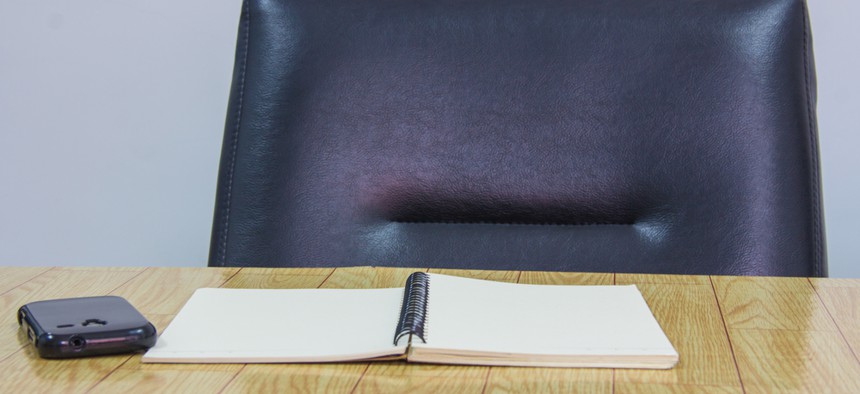
LYphoto/Shutterstock.com
Why You Should Be Brief and How to Do It
Keep in mind, your audience is drowning in the information flood.
There’s a famous quote that’s often attributed to Mark Twain but actually originated with the French mathematician and philosopher Blaise Pascal: “I would have written you a shorter letter, but I didn’t have the time.”
That Pascal was one smart guy. A full 500 years before the information flood that all of us face today, he understood that brevity is important and that it takes work to be brief.
If you want to learn more about why you should be brief and how to do it, check out a new book, Brief: Make a Bigger Impact by Saying Less by marketing expert Joe McCormack.
In a recent conversation I had with Joe, he pointed out that your audience is drowning in the information flood that you don’t want to be the one to push them under for the count. Preparing your message is the best way to avoid doing that. Joe shared with me a communications planning framework he’s developed around the word BRIEF. First you get clear on the topic and then you provide the:
- Background on the topic, and then the
- Relevance to the audience, followed by the key bullet points of
- Information about the topic.That sets you up for the
- Ending and outlining the
- Follow-up that needs to happen next
In the accompanying recording of our brief conversation (how appropriate), Joe gives some guidance on how to apply the BRIEF model, how to write emails that actually get read and acted upon and his three best tips for being effectively brief in your communications.
Give it a listen. It’s an action-packed nine minutes.
(Image via Artco/Shutterstock.com)
NEXT STORY: No Easy Cure for VA’s Ailing Bureaucracy







